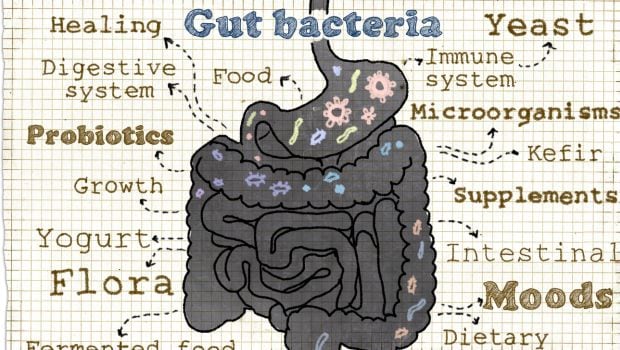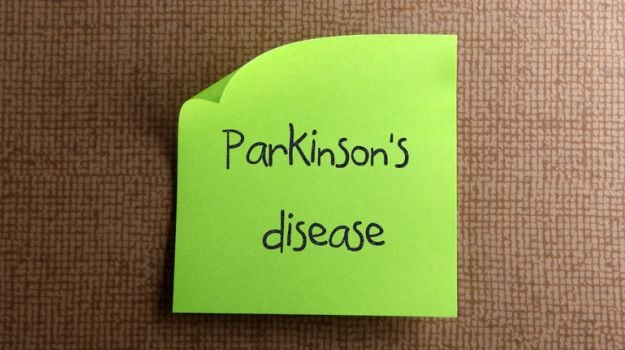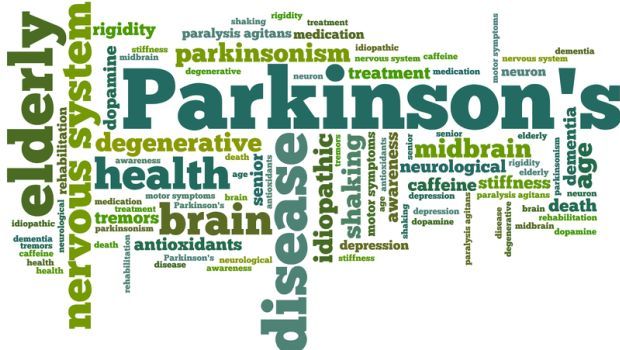The research revealed that changes in the gut bacteria may cause the deterioration of motor skills and can even be linked to the onset of Prakinson's. According to a research that came out last year in the journal Cell, Parkinson's disease is characterized by symptoms such as motor skills impairment. Aggregation of a protein called alpha-synuclein (aSyn) was also seen within the cells in the brain and the brain. It was noted that close to 75% of those suffering from Parkinson's also had gastrointestinal issues, mostly constipation.(Also Read: Parkinson's Disease Needs Awareness: Everything You Didn't Know About The Disease)

Further examinations on mice confirmed the above mentioned findings, loosely tying gut health together with the development of Parkinson's disease.
"Because gastrointestinal problems often precede the motor symptoms by many years, and because most PD cases are caused by environmental factors, we hypothesized that bacteria in the gut may contribute to Parkinson's," noted Sarkis Mazmanian.
A newly published study, that appeared in the journal Neurology, also confirmed the same facts. A team of Swedish experts have found that the disease may have its genesis in the gut and travel up to the brain via the vagus - a nerve responsible for unconscious body processes like heart rate and food digestion. Unlike the previously conducted study, this research was carried out on human participants. This research studied the link between people who have had undergone vagotomy - a surgical procedure that involves removing part of the vagus nerve - and their chances of developing Parkinson's.
(Also Read: Gut Bacteria May Lead to the Development of Alzheimer's Disease)

Both the studies still serve as some of the preliminary work in the path of establishing a concrete relationship between gut health and development of Prakinson's disease. Further research is called upon by the experts.
Inputs from IANS






